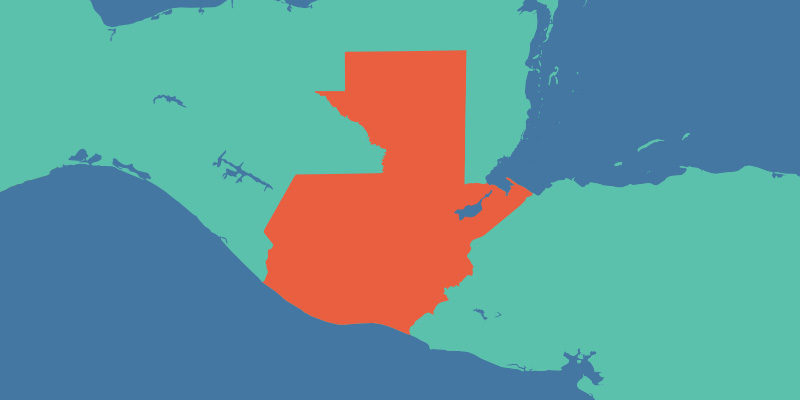
Campaigning for optimal and increased treatment coverage in Guatemala to improve quality of life, decrease new infections and reduce stigma and discrimination.
An estimated 46,000 people are living with HIV in Guatemala, with less than half receiving treatment. Patents are protecting many key drugs and therefore resulting in high prices which is a barrier to access. People most affected are those who are subject to stigma and discrimination, including men who have sex with men (8% prevalence) and transgender people (22%), compared to an overall prevalence of 0.4%. This stigma and discrimination is another barrier to access.
Our focus
Our campaign partner, ITPC LACTA, is focused on increasing access to optimal treatment for HIV, Hepatitis C and TB.
Their work includes initiatives aimed at preventing or revoking unmerited patents. In December 2017, ITPC LACTA made the case for Guatemala´s President to execute a compulsory license (CL) on AbbVie’s lopinavir-ritonavir 200mg/50 mg combination. To this date, the organization is still waiting and the price of this HIV drug continues to be over-priced.
Guatemala has a National Strategic Plan in place for 2017-2021, which covers, among other things: universal access; prevention; strengthening the public health sector for the improvement and sustainability of the national response; and promoting a legal and social environment favoring human rights and gender equality. However, ITPC LACTA is concerned that there is a lack of political will to meaningfully invest in the plan and achieve its goals.
ITPC LACTA’s priorities include:
- Continue to push for the legitimate use of a compulsory license for lopinavir/ritonavir.
- Campaigning under the banner of U=U (undetectable = untransmittable). The aim is to gain real political commitment to increase treatment coverage, decrease new infections and reduce stigma and discrimination.
- Compiling data on Hep C, in terms of prevalence; current drugs procured; and intellectual property barriers blocking access to optimal treatment, in order to inform advocacy work.
- Reduce intellectual property barriers and therefore reduce prices for key HIV, Hep C and TB drugs, including through the use of compulsory licensing if necessary.
- Advocate for fair pricing on optimal treatment that’s not yet available in the country, including dolutegravir (DTG).
Last updated May 2019.



